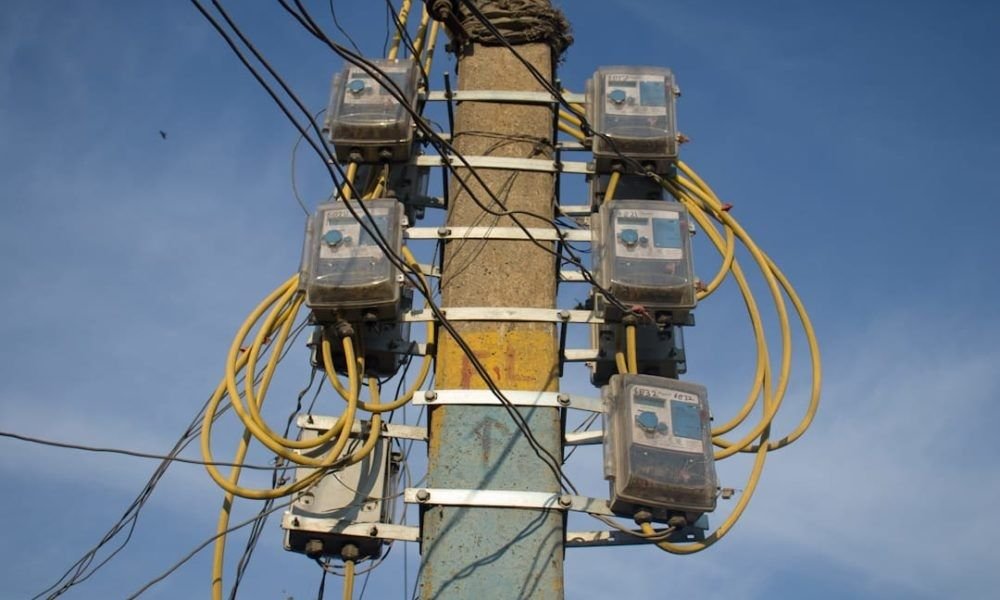In a move that has sparked widespread anger and despair, over 5,000 PM package employees appointed under the Government of India’s 2008 Return and Rehabilitation Programme for Kashmiri migrants have been denied quasi-permanent status and promotions, reported by Daily Excelsior effectively stalling their careers.
The decision was communicated in a recent letter from the Director General Finance, J&K Government, which has been viewed by the affected employees and community leaders as a severe betrayal of the rehabilitation policy’s promises.
The contentious letter, issued by the J&K Funds Organisation Finance Department, explicitly states that PM package employees serving in temporary positions are “not entitled to be declared as quasi-permanent.” It further clarifies that these employees are ineligible for promotion to higher posts, as this requires “substantive service on lower posts.”
The core of the argument rests on the temporary nature of the supernumerary posts to which these Kashmiri migrant employees were appointed. The letter asserts, “employees can’t be declared permanent against a temporary post,” leaving their long-term employment status in a state of limbo.
The directive has created a furore among the PM package employees in Kashmir valley, who already work under challenging and often precarious conditions. Community leaders and various Kashmiri Pandit organisations have expressed deep resentment, with many parents of the employees feeling “totally cheated.”
Leaders have termed the 2008 Return and Rehabilitation Package a “fraud” against the KP community, which was displaced from the Valley in 1989-90. They question the government’s intention, pointing to 16 years of perceived humiliation and harassment through “impugned orders.”
This development has cast a long shadow over the entire rehabilitation of Kashmiri Pandits. Community leaders lament the lack of a “clear cut policy” from the Government of India, forcing a generation to lead an “exiled life” for over 36 years.
The rejection of quasi-permanent status for these 5,000 employees is seen not just as an employment issue, but as a significant setback to the very goal of their sustainable return and rehabilitation to the Kashmir Valley.
















